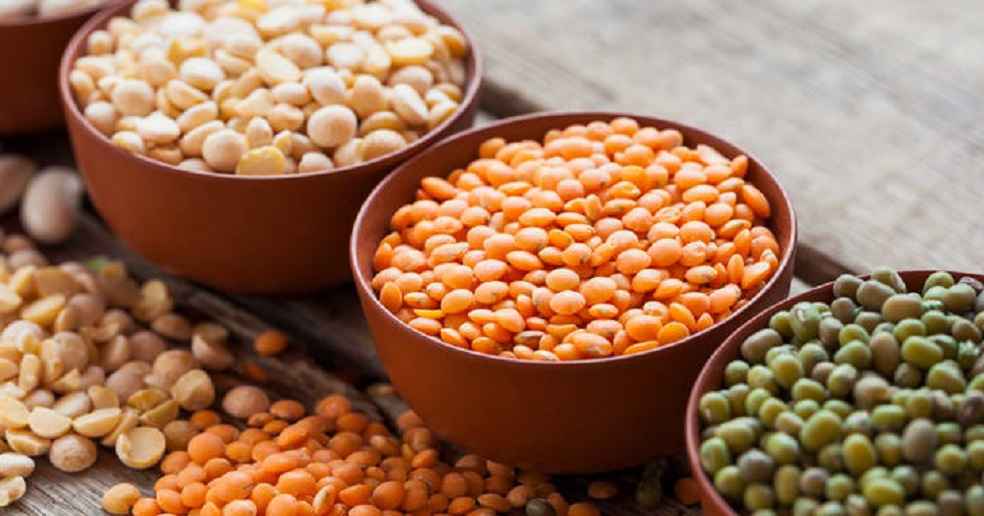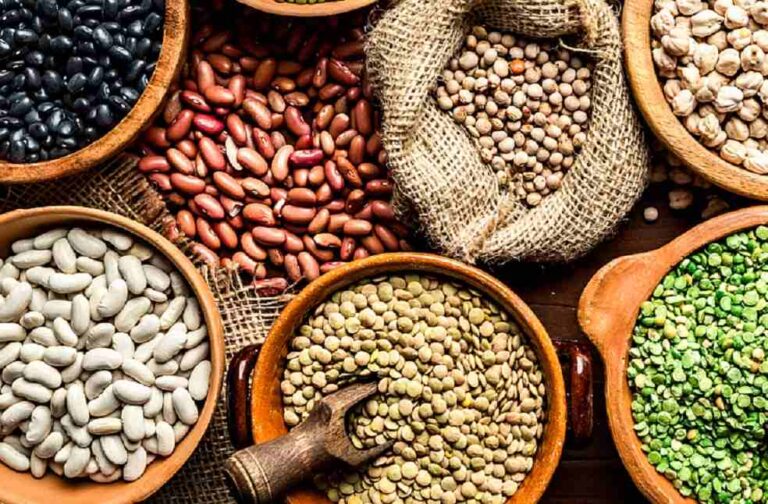To diversify its pulse import sources, India has recently approached Brazil to discuss potential import agreements for pigeon peas and black gram pulses. This step follows successful negotiations with Mozambique, Malawi, and Myanmar, enhancing India’s pulse import network.
Brazilian agriculture officials, on a recent visit, discussed the proposal with Indian counterparts. The plan involves Brazil cultivating specific pulse varieties primarily for export to India. An Indian official highlighted the unique opportunity presented by Brazil’s minimal domestic consumption and favorable climate for these pulses.
This new venture with Brazil is part of India’s larger strategy to diversify its pulse import sources. Current statistics show India importing 2.13 million tonnes of pulses this year from countries including Australia, Canada, and Myanmar, as well as several African nations.

Brazil’s capability in this sector is evident in its annual production of 3 MT of various beans, catering to both domestic demand and exports to nations like Vietnam, Pakistan, and Egypt. The scope of India’s international pulse collaborations extends beyond Brazil, with active explorations in Ethiopia and Tanzania to strengthen domestic supplies.
These international endeavors gained traction post-2016, following a steep increase in pigeon pea prices domestically. Subsequent agreements with Mozambique, Malawi, and Myanmar have been pivotal in stabilizing supplies and prices. A notable instance is the extended MoU with Mozambique in 2021, reinforcing the supply chain for an additional five years.
Despite a record 26.05 MT pulse production in the 2022-23 crop year, India confronts a significant demand-supply gap. Given the critical role of pulses as a protein source in India’s predominantly vegetarian diet, bridging this gap is crucial. An official emphasized the ongoing efforts to address this disparity.

To counter rising domestic prices, the government abolished import duties on key pulses like pigeon peas, lentils, and black gram. Imports account for about 15% of India’s pulse consumption, underscoring the importance of these international agreements.
The need for a diversified pulse source portfolio is underscored by the spike in the ‘pulses and products’ retail inflation, which hit 18.79% year-on-year in October. The sharp rise in prices of varieties like split pigeon pea, and green gram has catalyzed government action.
Through these international partnerships, India aspires to secure a steady, varied pulse supply, essential for meeting its increasing domestic demand.
ENERGY INDUSTRY | Afghanistan and Iran Elevate Energy and Economic Ties



